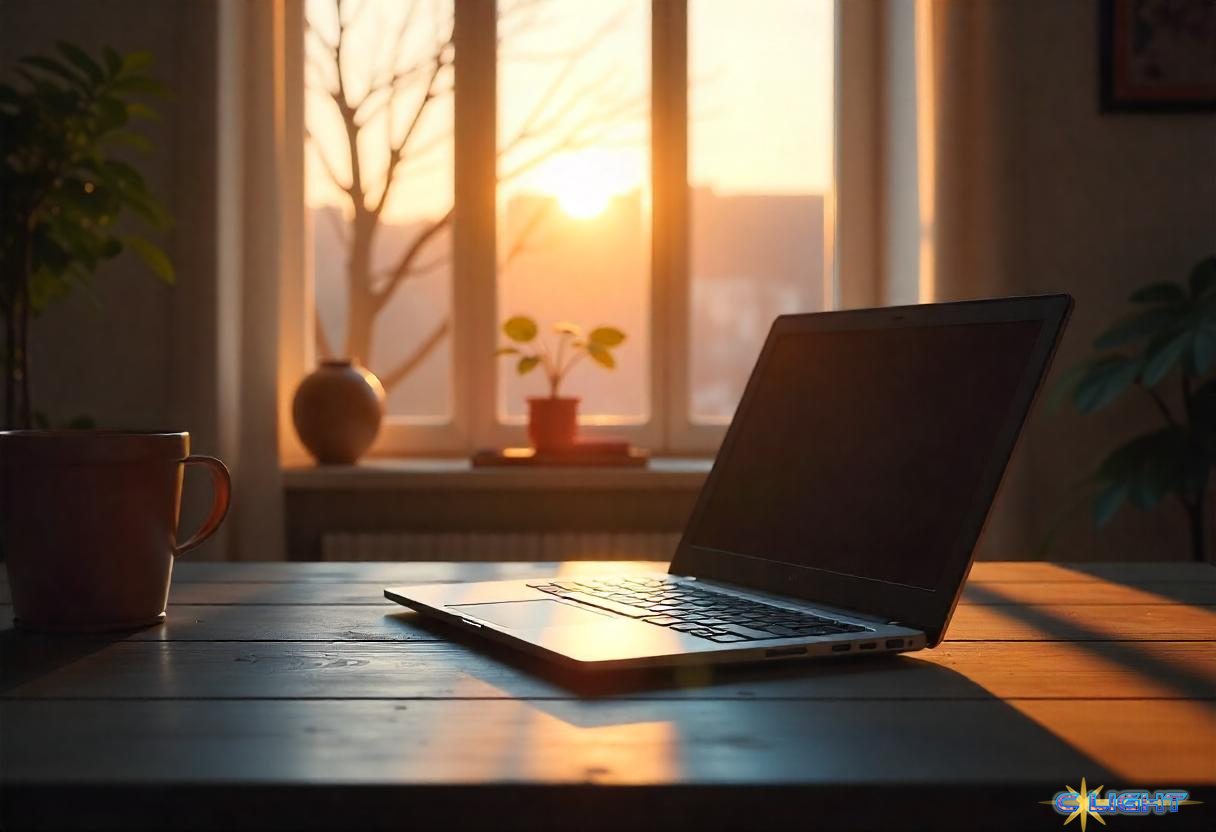When Lenovo announced back in 2004 that it had purchased IBM’s Personal Systems Group, some of us were concerned about what might come next. Yes, IBM’s ThinkPad line tended to be bigger and heavier than most of its competitors, but if you were often out in the field with the laptop sitting on a stump or a rock that wasn’t quite level, you were grateful for ThinkPad’s ability to handle the everyday bumps and bruises of a busy creative life.
Over the years, Lenovo has had to fight to stay in the laptop race with HP and Apple. While the Lenovo ThinkPad has remained strong and durable, it hasn’t been sleek, light, and carried the level of ‘cool’ that is desired by the crowd that sits and works in coffee houses so that everyone can see that they’re sitting and working. Sort of. It’s still a computing workhorse, to be sure, but users aren’t going to wander too far way from a place to plug into.
It’s that need to constantly be plugging in our electronics somewhere that makes life either challenging or adventurous, depending on one’s point of view. Some places are always crowded, and with crowds comes an inevitable amount of noise. Other places don’t have enough outlets, and the ones that are available are inconveniently placed. And we’re not even going to mention the places where one has to purchase something close to a meal before they’ll give you the wifi password. Is that dried mustard between your M and N keys?
Thankfully, Lenovo has just introduced its new line of solar-powered laptops, and finally, they look just as cool as everyone else, maybe a bit more so, and they’re environmentally friendly because they don’t have to plug in! The solar cells are in the lid of the laptop and don’t add significant weight to the 15mm thick and 1.2 kg weight of the case. An analyst at Bloomberg ran the numbers and, sure enough, with a claimed power conversion efficiency of 24%, could generate about 12W of maximum power output under ideal conditions. By the way, that’s on the 14-inch model.
This isn’t the first time we’ve seen someone try a solar-powered laptop, though. They have tended to be bulky, difficult to use, and major heat creators. To address those problems, Lenovo starts with an energy-saving OLED screen, which only illuminates the pixels that need it, saving power when displaying darker scenes. Then there’s the mini solar power plant on its lid, which takes advantage of the latest advances in commercialized tech with so-called back-contact cells maximizing exposure to the sun. And, key to the whole thing, the Intel Corp. chip inside is designed with power efficiency in mind.
So, we’re off to the races with this one, right? You can sit out in the sunshine to work on your spreadsheets? Welllllll, maybe not quite.
The problem starts when you begin doing more than one thing at a time. Look at the top of your browser right now. How many tabs do you have open? Each of those tabs takes away some of the efficiency of the laptop. If you’re connected to wifi through any device, there goes another chunk of energy. If you plan on enjoying the outdoors, you’re still going to need a lot of sunscreen and will have to keep rotating so that the solar cells get maximum exposure to the sun.
Heat could be an issue if one is able to keep up the 12W of maximum power, but in many places around the world, that’s going to be tough. If you’re located in the Pacific Northwest, for example, with all the gray haze they have to endure, there may be days when 3W is all you’re getting. Keep that power cord handy.
You’re also going to have to pay a heft price thanks to the current tariff situation. Lenovo is headquarter in Beijing, which is currently having to pay over 100% tariffs on everything. There are some understandable concerns that Lenovo may hold off making the new ThinkPad available in the US until the whole tariff mess is eliminated.
That’s not necessarily a bad thing, though. While this ThinkPad is miles ahead of anything else in its market, it still has too many issues for a power user. The good news is that renewable energy technologies are developing extremely fast. A year from now, the moderate problems this ThinkPad has may go away.
A lot of people were upset when IBM dumped their Personal Systems Group. To hand over all that technology to the Chinese felt like a betrayal. If Lenovo can make good on the promise of a solar-powered machine that can handle a realistic amount of work, though, we’ll consider forgiving both sides.
Right after we look for Chinese spyware.
Discover more from Clight Morning Analysis
Subscribe to get the latest posts sent to your email.











